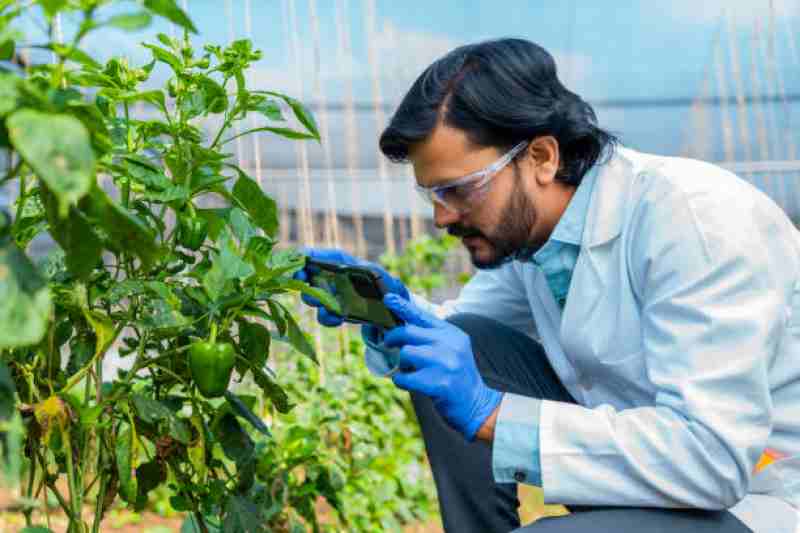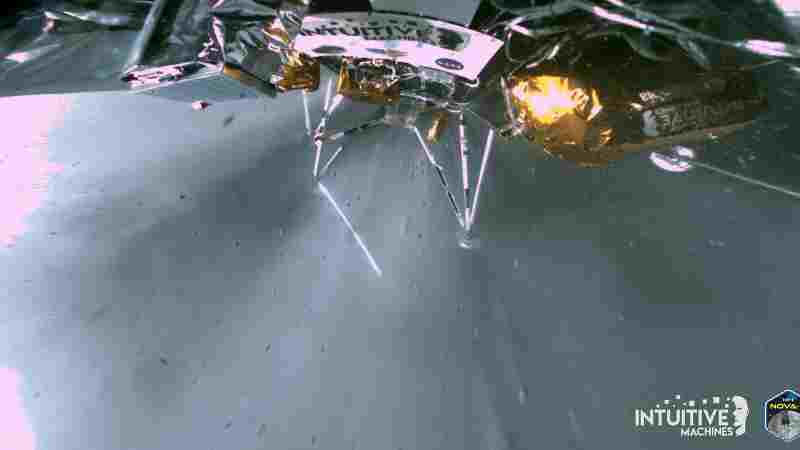Science
Ecology: Learning About Science Through Nature’s Balance

Every tree, insect, and stream plays a role in the delicate balance of Earth’s ecosystems. To learn about science through ecology—the branch of biology that studies interactions between organisms and their environment—is to gain a deeper respect for life and our planet’s sustainability.
Why Learning About Science is Crucial for Ecology
Ecology provides solutions to climate change, habitat loss, and environmental degradation. By learning about science, individuals understand the impact of human activity and the importance of conservation.
Science in Action
Scientific research in ecology shapes policies that protect biodiversity and restore ecosystems, benefiting both nature and humans.
Biology’s Contribution to Ecology
As a branch of biology, ecology examines how living things depend on one another and their surroundings.
The Web of Life
Ecology shows how even small changes—like declining bee populations—can disrupt entire food chains.
Conservation and Sustainability
Biologists use ecological knowledge to design conservation programs that protect endangered species and ecosystems.
Practical Ways to Learn About Ecology
- Visit natural reserves and observe ecosystems firsthand.
- Participate in citizen science projects.
- Study biology and environmental science through online platforms.
Conclusion
To learn about science is to uncover the interconnectedness of life, and ecology demonstrates how biology sustains that balance. By studying ecology, we protect biodiversity and ensure a healthier planet for future generations.
Source:
Click for the: Full Story
You might like













 Close Menu
Close Menu